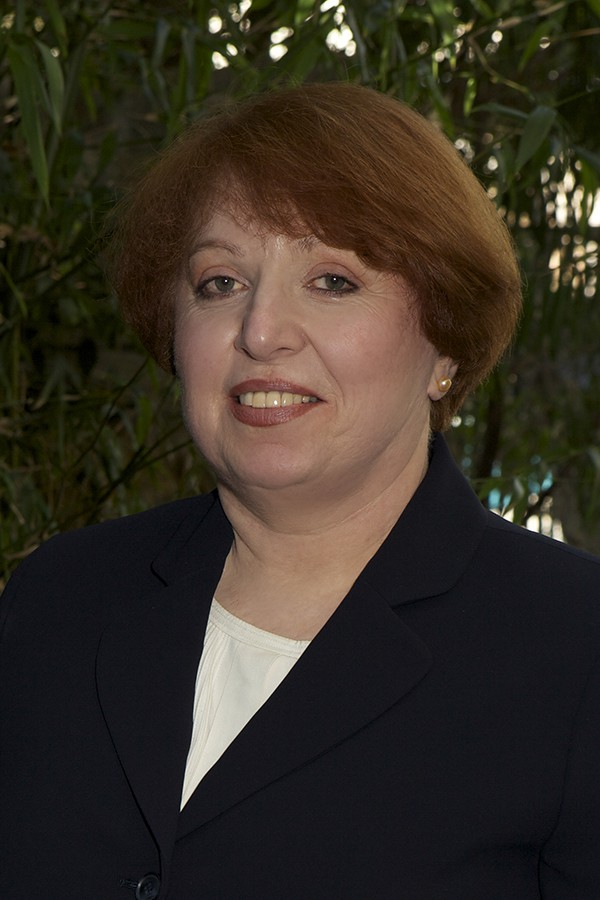Ever pondered what would be a meaningful gift for a newborn baby in your extended family? Or maybe for a child or grandchild of a close friend? You may want to consider a custodial account, where you can be the custodian, or you can name the child’s parents or anyone else in the family with a modicum of financial savvy, to serve as the custodian, the fiduciary in this situation. Others can also contribute to this account, when they consider, giving gifts for birthdays, Holidays, or other special occasions.
This type of custodial account is known as an UGMA (Uniform Gifts to Minors Act.) It was created back in 1956 and revised in 1966. It allows people to give or transfer assets to underage children, while remaining in control of these assets until the child reaches legal age. Traditionally, parents and their children tend to benefit from this type of arrangement. The amount given is free of gift tax, up to a certain amount. The assets are usually placed in UGMA accounts on behalf of minors, eliminating the need for an attorney or the need to establish a Trust.
The custodian—who has a fiduciary duty to manage the account in the beneficiary’s best interest—can use the funds to buy stocks, bonds, mutual funds, and other securities on behalf of the minor. UGMAs are usually limited to these sorts of publicly traded financial assets; they cannot invest in speculative instruments, like derivatives, or buy on margin.
Traditionally, UGMA accounts are mentioned as a means for parents to save for the child’s upcoming college expenses. Nowadays however, there are different options available for college savings accounts, for example 529 plans, which are very popular. The UGMA however is an irreversible actual gift to a child, with no obligation or pressure to spend it on college or any other higher education expense. The account can be allowed to grow over time; small amounts can be added to it periodically by family members or friends.
For an older child who has some type of earned income, a Roth IRA can also be a good idea. Of course, in this case the amount contributed cannot exceed the earnings of the child. Setting up either an UGMA or a Roth IRA account is easily done online at one of the larger brokerage institutions, (such as Schwab or Fidelity.) Friends and family can easily make contributions to these accounts, which carry no contribution limits or income limits.
Typically, UGMA assets are used to fund a child’s education, but the donor can make withdrawals for just about any expenses that benefit the minor. There are no withdrawal penalties. However, because UGMA assets are technically owned by the minor, they do count as assets if they apply for federal financial aid for college, possibly decreasing their eligibility.
Once they reach the age of majority in their state, (which varies from state to state,) minors are granted full access to their UGMA account. At that point, they may use the funds as they please.
Contributions to UGMA accounts are made with after-tax dollars, meaning the donor doesn’t receive an income tax deduction for making them. However, up to $15,000 per individual can be contributed free of gift tax.
For federal tax purposes, the minor or beneficiary is considered the owner of all assets in a UGMA account and the income they generate. But these accounts’ earnings can be taxed either to the child or the parent. Reporting requirements depend on the amount of income the account generates and the beneficiary’s age.
Under certain circumstances, parents can elect to report their children’s UGMA accounts on their own tax returns, thereby taking advantage of the “kiddie tax.”*
UGMA and UTMA (Uniform Transfers to Minors Act) are usually used interchangeably, but there are some distinctions between them, Custodial accounts set up under the newer UTMA, which dates from 1986, can contain any kind of tangible or intangible asset, including real estate, works of art, and intellectual property. In contrast, UGMA accounts are limited to financial assets, such as cash, stocks, bonds, and other securities.





